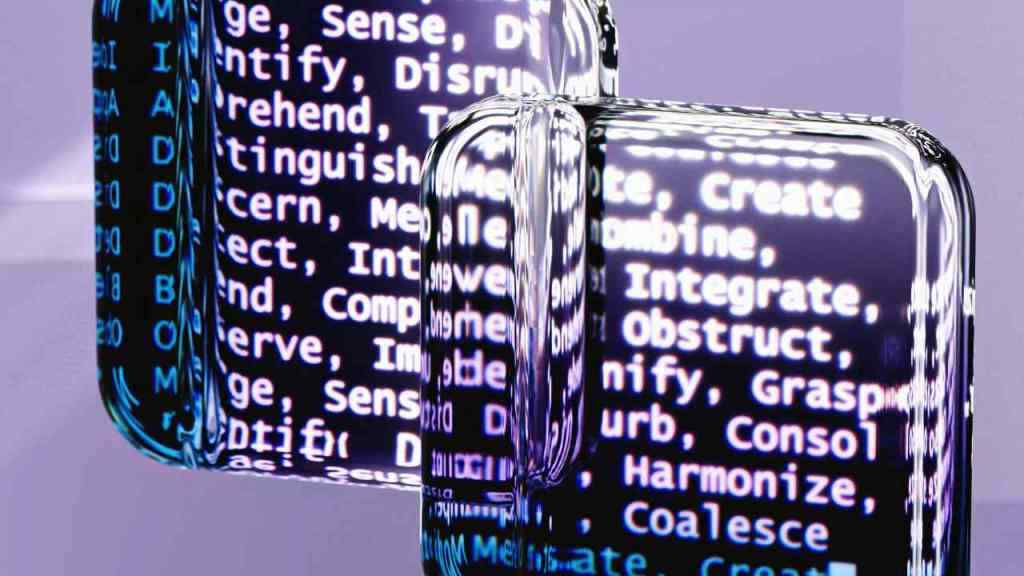Walker Hayes Fears for the Future of Creativity in the Age of AI
Nashville, TN (2024) – Country music sensation Walker Hayes, the mastermind behind the infectious hit “Fancy Like,” has publicly voiced his anxieties about the future of creativity as artificial intelligence (AI) rapidly evolves. In an exclusive interview, Hayes admitted feeling “really glad” to have been born in a time when human creativity reigned supreme. His concerns stem from a recent and unsettling encounter with music generated entirely by AI.
The Day the Music Died (Or Did It?): Walker Hayes Confronts AI
Hayes vividly recounted hearing a track produced by an “AI group,” and the sheer quality of the music left him utterly astounded. He candidly confessed that the experience shook him to his core, forcing him to question his own creative capabilities. “It can outwrite me any day,” Hayes admitted, “I’m not gonna sit here and pretend I could out-create it.” This encounter sparked a wave of existential dread in the singer, who dedicated years of his life to achieving success in the cutthroat music industry.
Is This the End of Human Creativity?
This experience sent Hayes down a rabbit hole, grappling with the potential consequences of AI on the very essence of human purpose. “When you take the necessity for humans to create out of the world,” Hayes confessed, “I don’t know if I want to see what the world looks like then.” He painted a bleak picture of a future where humans, glued to their screens, become passive consumers of AI-generated content, their own creative drive slowly fading into oblivion.
A Glimmer of Hope (and a Dash of Hayes’ Trademark Humor)
Despite his anxieties, Hayes hasn’t lost faith in humanity’s inherent ingenuity. He points out the ironic truth – AI itself is a product of human creativity. “We created AI,” the -year-old mused, “That’s how creative we are. It’s a real mind-bender when you think about it.” And in true Walker Hayes fashion, he couldn’t resist injecting a little humor into the conversation: “But I will say this, if someone can put my vocals on my records and I don’t have to come in and sing them, that’d be cool – makes my life a lot easier.” You gotta love the guy’s honesty!
AI: A Force for Good in Music?
Interestingly, Hayes’ concerns stand in stark contrast to the experience of fellow country music legend, Randy Travis. Travis, who tragically lost his speaking and singing voice to a stroke over a decade ago, has found a renewed sense of purpose and passion through the power of – you guessed it – AI technology.
At a recent awards ceremony, Travis and his wife, Mary, shared their incredibly moving story, emphasizing the transformative power of AI in their lives. They praised its ability to breathe life back into Travis’s music career, allowing him to create again after years of silence. Mary highlighted the collaborative aspect, explaining how AI facilitated a beautiful partnership between Travis, his producer, and a vocalist who could bring his musical visions to life.
The couple expressed their hope that AI would be harnessed for good, for healing and creative expression, rather than exploitation. They advocate for the ethical use of this rapidly evolving technology within the music industry and beyond.
The Future of Music: A Crossroads
Walker Hayes’ fear and Randy Travis’s hope represent two sides of the same coin. It’s like we’re standing at a fork in the road, and the choices we make today will determine the future of music as we know it. As AI technology continues its exponential growth, the music industry faces a pivotal moment of truth. Will AI become a powerful tool for collaboration, pushing the boundaries of creativity and expanding our artistic horizons? Or will it usher in an era where human artistry fades into the background, overshadowed by the allure of artificial intelligence? Only time will tell.
Finding the Harmony: Embracing the Potential of AI While Preserving the Human Spirit
The emergence of AI in music has sparked a debate as old as time itself: the tension between innovation and tradition, between embracing the new and cherishing the old. It’s easy to get caught up in the fear that AI will render human creativity obsolete. But what if we chose to view it not as a threat, but as a challenge? A challenge to push ourselves further, to explore uncharted creative territories, and to rediscover the magic of what it means to be human in a world increasingly intertwined with technology.
Perhaps the key lies in finding the harmony between the two. Embracing the potential of AI as a tool, a partner in the creative process, while never losing sight of the raw, unfiltered emotion, the lived experiences, and the uniquely human spark that lie at the heart of true artistry. After all, it’s that human element that resonates with us on the deepest level, that moves us, inspires us, and reminds us of the power and beauty of our shared human experience.
